Someone Else’s Country
FACP, $24.95 pb, 415 pp
An indigenous voice
With the Harbour as the backdrop … the Festival of Dreaming seems well named. Looking out across the water, it is easy to dream away, the lights, the roads, the buildings, to picture the odd cooking fire, to smell that fish cooking.
Written in hotel rooms while working as a professional actor in various indigenous film, television and theatre productions, Peter Docker’s Someone Else’s Country is a deeply sensitive and at times intensely visceral engagement with contemporary indigenous culture. A work of non-fiction (the names are fictionalised), it is also a powerful historical document, which has at its heart the struggle of a non-indigenous author trying to find an authentic position from which to discuss the indigenous culture with which he largely identifies.
The book follows the journey of Stephen Motor (Docker’s fictional alias), as he travels from one production to another, from his home in St Kilda (Boonwurrung Country) to Redfern to Broken Hill. Motor, of Celtic heritage, has grown up on a station in Wudjari Country, near Esperance (which, we are reminded, means ‘Hope’), and has clearly forged strong indigenous connections both there, and in Melbourne and Sydney. The strength of these relationships is such that he is considered part of the family by numerous Aboriginal acquaintances and has been adopted, as it were, by a ‘Spirit Mum’ (the ‘blood mother’ of ‘Henry’, a colleague referred to as his ‘dhaambi’, or ‘brother’) from the Gunditjmara people.
That Motor identifies so strongly with indigenous culture, despite being non-indigenous, furnishes the work with its central paradox. Indeed, if it were simply a case of a non- indigenous author writing on behalf of indigenous Australia, the work would suffer fundamentally from questions of authority and authenticity. However, it is Motor’s continual process of self-interrogation – his constant calling into question of the viability of his own position – that provides the fulcrum on which his writing pivots. For example, when in inner Melbourne he learns of the death of a young friend, his sudden grief gives way to an overwhelming sense of shame: ‘What right do I have to this grief? I’m like a middle-class English kid listening to gangsta rap and thinking it’s all about me.’ The cogency of this simile for Motor’s anxiety lies in its vivid cultural currency; his dilemma is clearly one that strikes at the heart of contemporary attitudes. Although his position is relatively unique (his immersion in indigenous culture is such that he has grown used to being ‘the only gub in the photo’), his own responses to the suffering of his extended family and friends are constantly subjected to a vicious and unrelenting self-scrutiny.
That Docker is an actor by profession, always working to tell indigenous stories, places him in the frontline of what might be called the battleground of indigenous representation. The vital importance of this is seen in his reflections after a performance at the Festival of Dreaming, in the lead-up to the Sydney Olympics: ‘Show goes really well. Another full house. People yelling for their stories. People so full of joy to see their stories up on stage. Telling stories is the best way to combat the ignorance that has prevailed in this nation. When people who’ve been marginalised suddenly feel celebrated for who they are, there’s a particular type of relief and outpouring of joy.’ However, despite the relevance of his contribution, Motor’s insecurities return time and again, as here, in the first rehearsal of a new play:
After the first half hour [of rehearsing with the all-Aboriginal cast], I’m humbled. My knowledge is a tiny thimble of water evaporating in the desert, awaiting the arrival of Burke and Wills.
I become convinced that every- one else is communicating in a way that I don’t understand. I feel a step behind. I don’t get all the jokes. Don’t understand all the shifts in the talk. I’m reaching out now.
George is reaching too, for something different from me. We share our reaching like a meal.
The mutual ‘reaching’ of this scene is as powerful an image of Motor’s predicament and, by extension, of the dilemma facing Australia’s historical conscience, as we are likely to find in contemporary writing on the subject.
Motor’s itinerant profession enables him to canvass the sheer diversity of indigenous culture (for to compare, for example, the Gunditjmara people in Victoria with the Waka Waka people in Queensland is, for Motor, ‘like comparing Sicilian Culture to Norwegian Culture. All Europeans – but completely different’). But alongside this diversity there are also shared experiences. Motor’s world is ravaged by violence, actual or threatened, and by drug and alcohol abuse. Indeed, the violence of Motor’s world is all-pervasive, extending beyond actual encounters (of which there are many), to the poetic violence of his literary descriptions. One of the numerous car accidents described in the book provides an example: ‘I look ahead. The corner is rushing up at us like Royal Marines screaming up the beachhead. A fist cocked for the king-hit.’ Yet we are also shown a world that celebrates the unshakeable bond of family, and one wherein it is absolutely vital that the stories of these families be told.
But it is his visceral responses to the violent roles he is to play as an actor that are perhaps the most poignant testimonies to Motor’s extraordinary capacity for empathy and identification. When he has to simulate the shooting of a peer on a film set, a ‘silent scream’ rips ‘out of [his] throat like a cavalry charge against women and children’; when in a play about Aboriginal deaths in custody, he almost passes out on a number of occasions, partly out of empathy, but also out of shame. Eventually, the distinction between representation and reality dissolves for Motor, as he comes to realise: ‘This is not just a play we’re doing here …’
Motor implicitly understands that he cannot viably assume the role of ‘An Arrente Everyman. A Nunga Jesus Christ. A Palawa Superman. A Gunditjmare Macbeth. A Koori Hamlet.’ Instead, one could argue he assumes the role of an Australian St Paul when, on a break from shooting a film in Broken Hill, he pauses to look at the night sky.
I look up. I look through the stars, not focusing on the light, but on the dark. Something like looking at those 3D images in the Sunday papers, but on a vast scale. And stretched out across half the sky is the great Emu spirit. I’m struck dumb. I’m on the road to Damascus, on my knees, rubbing the lightning from my eyes, wondering how long you can look and not see.
Docker’s mixture of European heritage and indigenous enculturation, together with his proximity, as an actor, to the dilemma of representation, make him an unlikely voice for indigenous Australia, but with this, his first book, he proves to be precisely that.



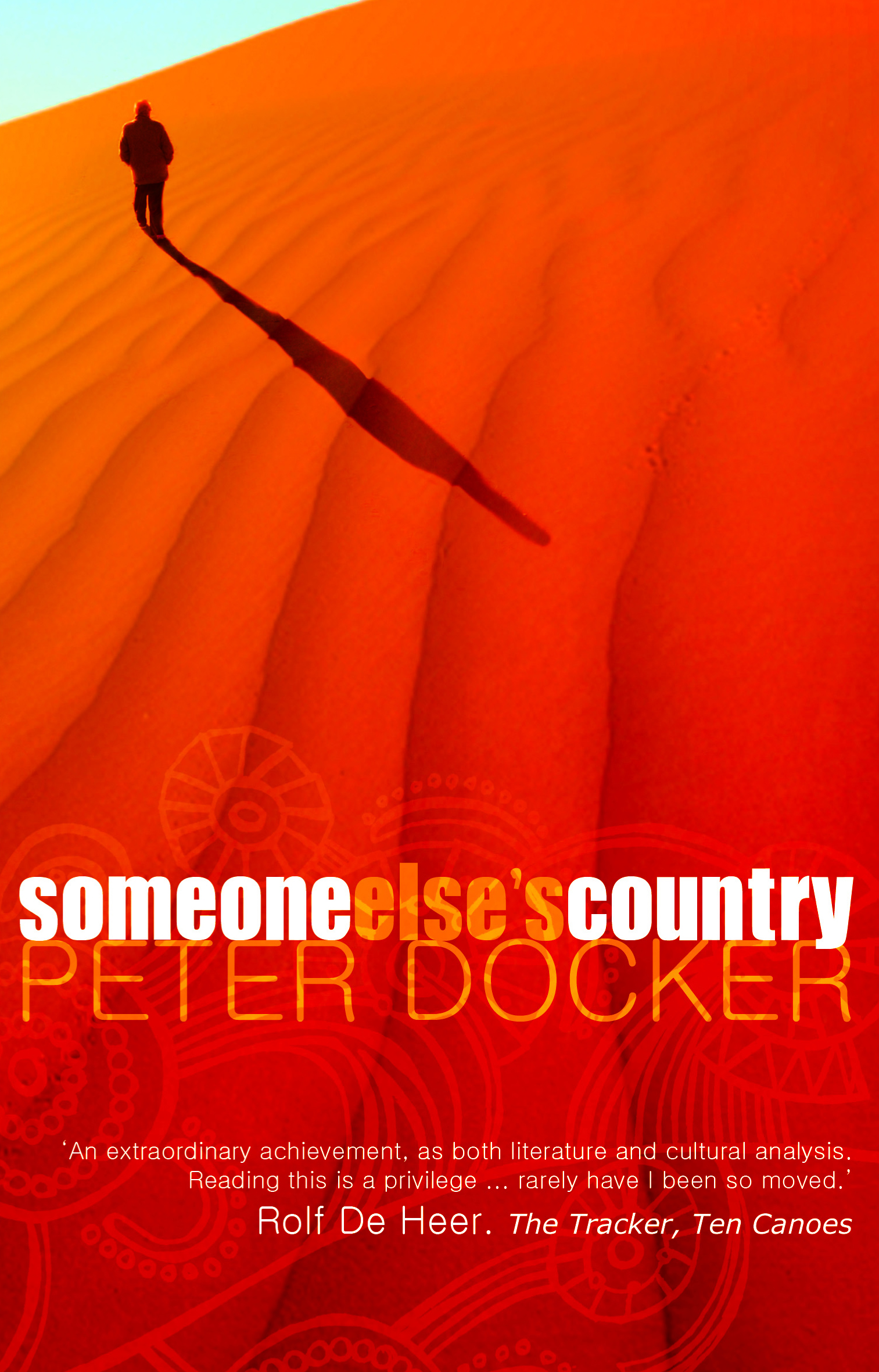
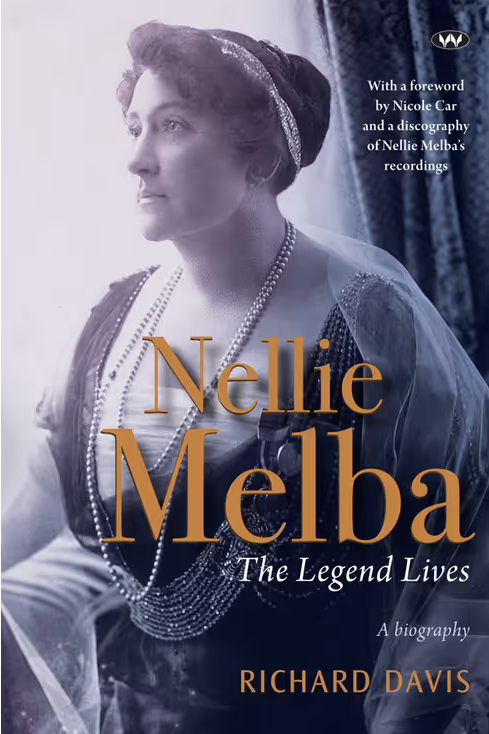



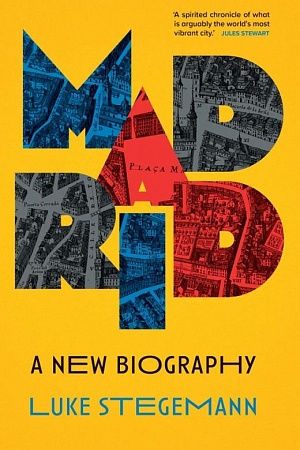

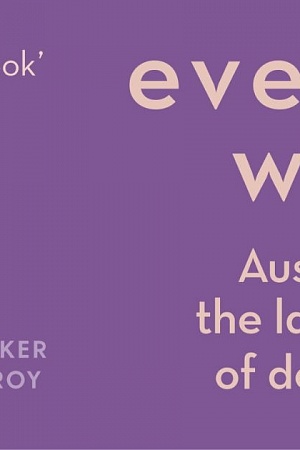
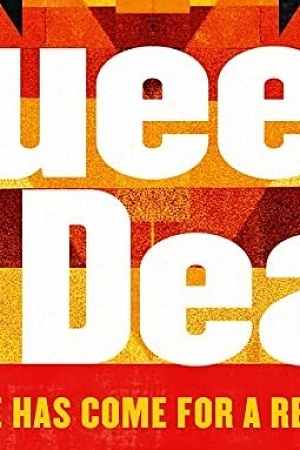




Leave a comment
If you are an ABR subscriber, you will need to sign in to post a comment.
If you have forgotten your sign in details, or if you receive an error message when trying to submit your comment, please email your comment (and the name of the article to which it relates) to ABR Comments. We will review your comment and, subject to approval, we will post it under your name.
Please note that all comments must be approved by ABR and comply with our Terms & Conditions.